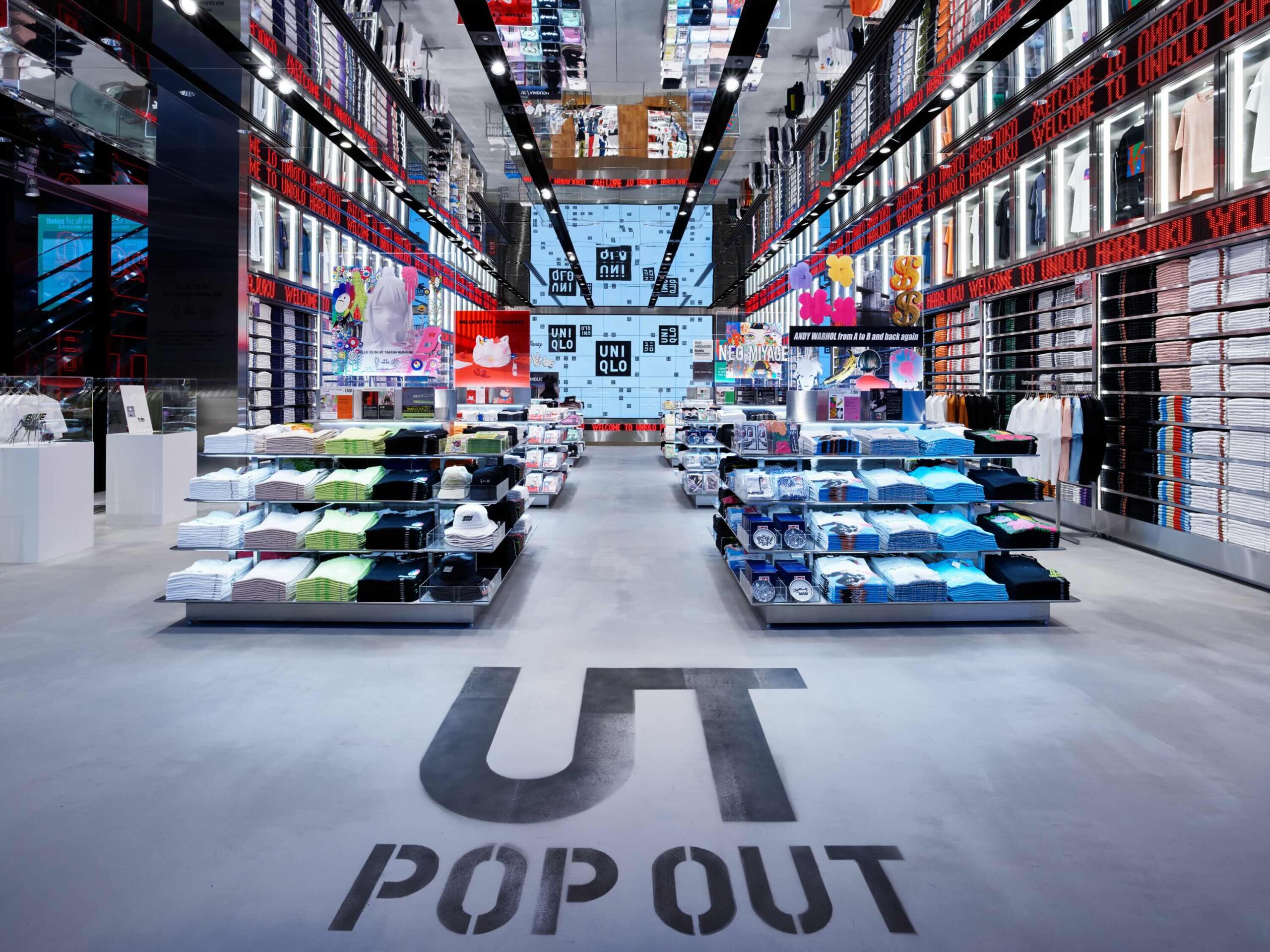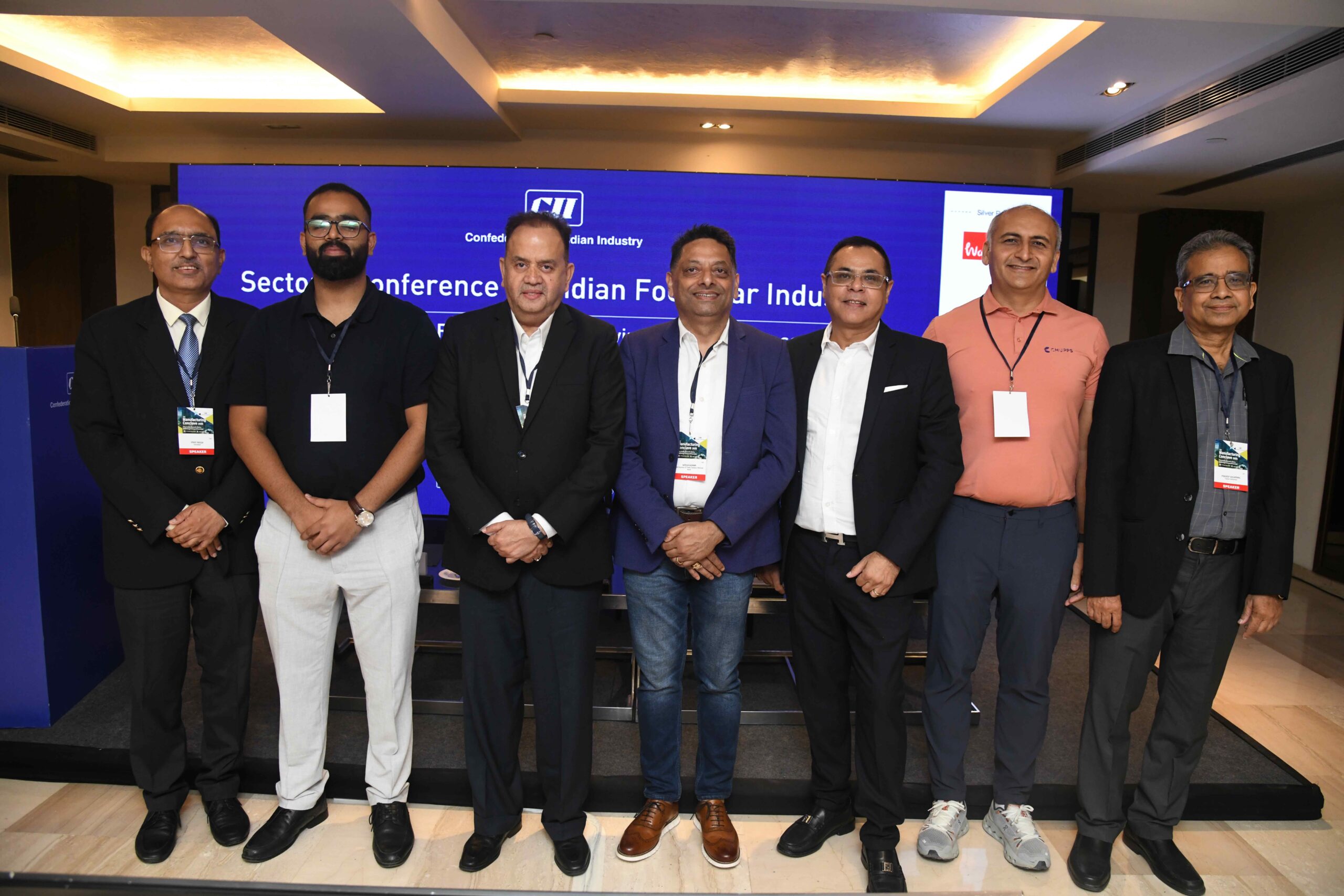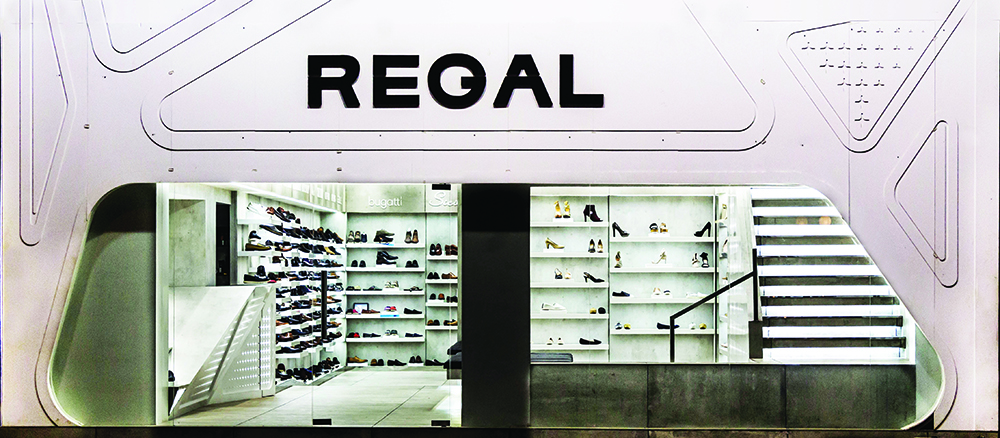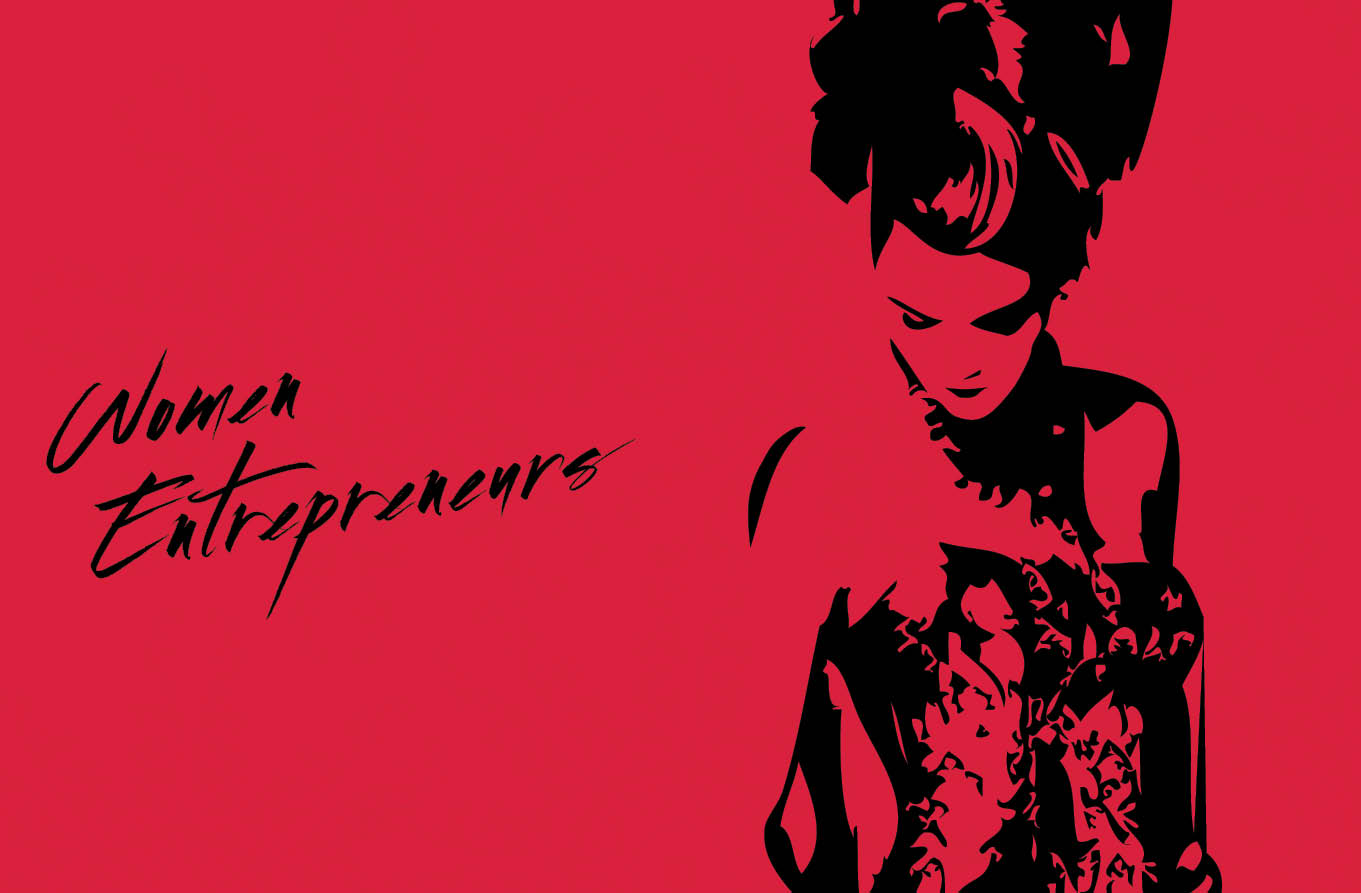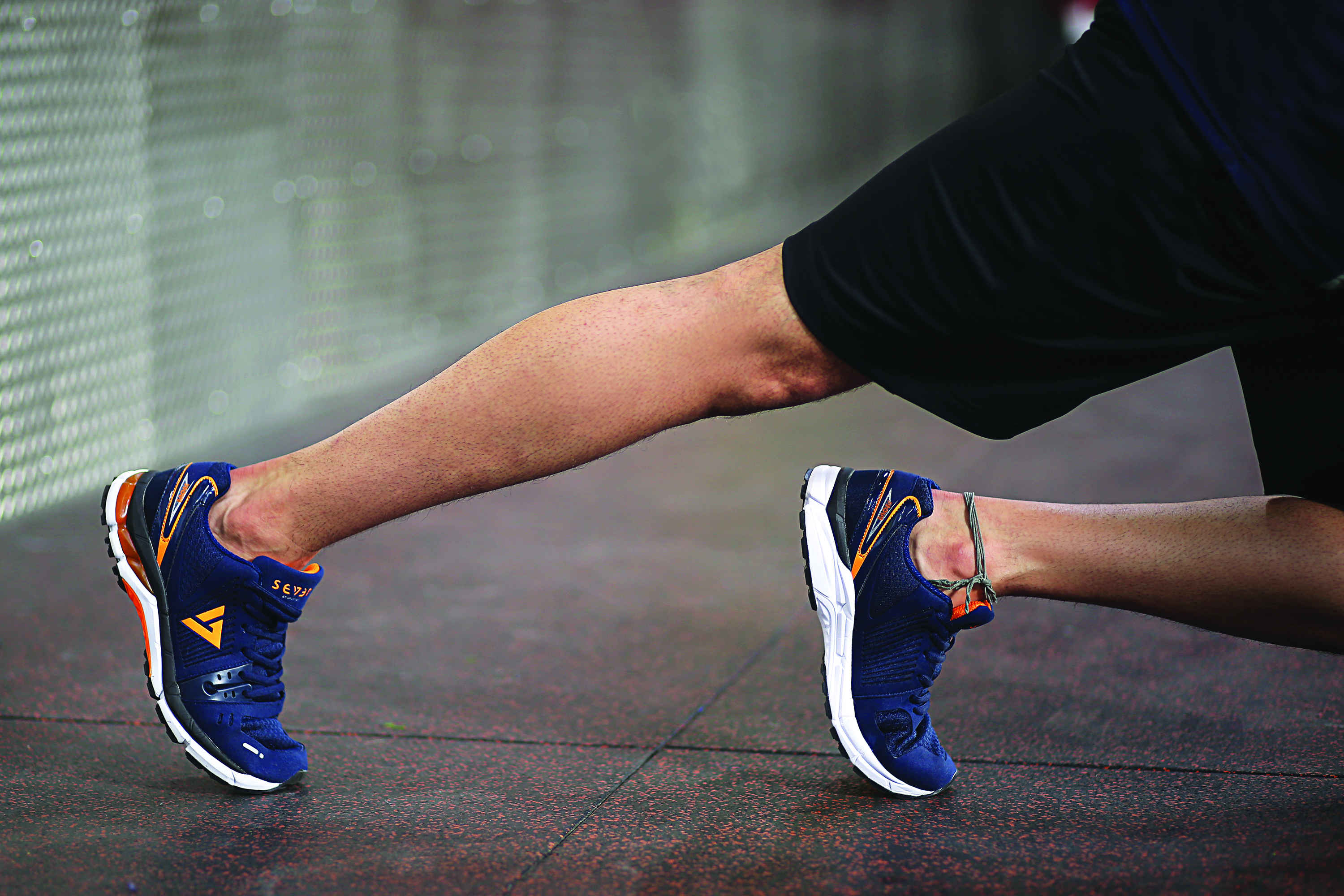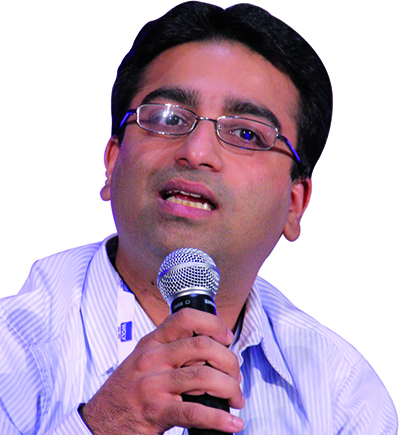
IMRAN VIRJI, Managing Director of REGAL SHOES, recently infused his personal style and touches in the refurbished flagship store at Liking Road, Mumbai. He, now, has his eye on the global markets. He said, it was truly a special day when we got to open that store in the 1970s and created our own style of retailing. Since then, he said, all of their competitors had to go back to school to relearn retailing and created their stores to be much like Regal Shoes one-stop footwear shopping center. Virji spoke to S&A about the success of Regal Shoes and what the future holds for the company.
“Regal Shoes has witnessed what all of us, in business, have witnessed and that is that you’d better be ready for change,” Virji said. The footwear brand’s first store opened in Mumbai in April, 1970 and catered to the emerging middle class in India. Virji explains the company’s business rationale to S&A: “After seeing the line of shoppers around the block, a week after the new store was launched, I kept asking myself, why didn’t we create this experience earlier? But as we’ve had many other markets that we’ve been focused on and we should’ve come here earlier. Now that we’ve created this new experiential zone, I think the market is going to be much larger than what we originally thought. And I wouldn’t be surprised if we get 50 -60 stores renovated ina short time.”
With Regal Shoes aiming for many more stores, S&A went on to ask Virji how quickly the store roll out can take place. “We’ve planned that we expect to grow top line at about 10 percent a year. I look at the opportunity here, which is really untapped, to significantly add to our revenue and gross margin of the company. I shall be looking at least 7-8 stores by the end of next year. ”
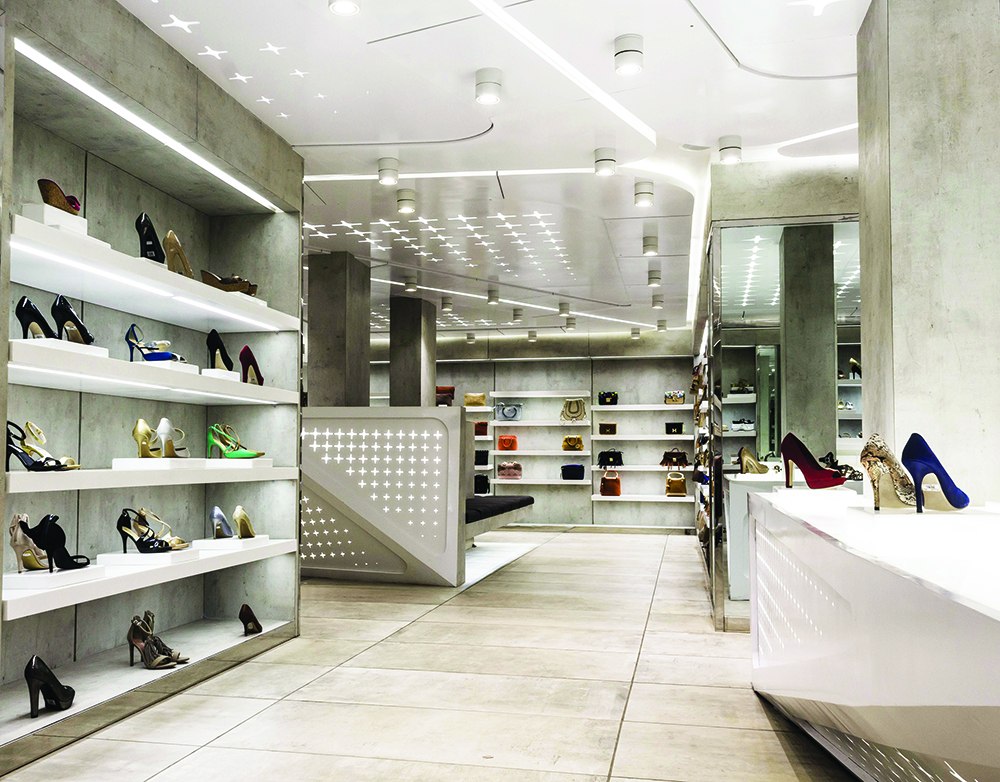 Virji gives context to the pricing decision to S&A: “I think it was the right decision to price Regal Shoes at a price that will be accessible to many premium consumers. We’re here for long term. We’re not concerned in managing the margin, we’re clearly the leader, so I think we have a history of kind of getting these things right. However, looking to the future and the potential expansion of Regal Shoes we’ve got to earn the right and we have to earn respect. I’m very optimistic about the emerging premium class and the brand awareness and reputation of Regal Shoes.”
Virji gives context to the pricing decision to S&A: “I think it was the right decision to price Regal Shoes at a price that will be accessible to many premium consumers. We’re here for long term. We’re not concerned in managing the margin, we’re clearly the leader, so I think we have a history of kind of getting these things right. However, looking to the future and the potential expansion of Regal Shoes we’ve got to earn the right and we have to earn respect. I’m very optimistic about the emerging premium class and the brand awareness and reputation of Regal Shoes.”
Virji tells, “I don’t know how long, but we will be fairly aggressive now that we have a sense of equity of the brand and the opportunity.” With rapid expansion planned in metropolitans, S&A wonders whether Regal Shoes is looking to branch out further to tier two & three cities. Virji responds: “I think all Tier two cities will be at some point an interesting opportunity for us… I can’t talk about specific markets, but we are a growth company. Think about the growth we’ve had over the years sitting with 100 stores in 70 cities.”
Because Regal Shoes is significant in size by comparison to many other national chains, the company had to figure out what would make its 130 stores special, Virji said. What they work toward is making their customers and team members happy. He said there are core values that the company focuses on like friendliness, service, styling and fits. Frankly, that is all there is, Virji said.
One of the specialties Regal Shoes is currently working on is making sure that every customer leaves the store with what they were shopping for. We intend to have the best record for not having products out of stock so that nobody leaves the store with a sale flyer in their hand and not the advertised product, he said. The company also does a lot of internal reviewing.
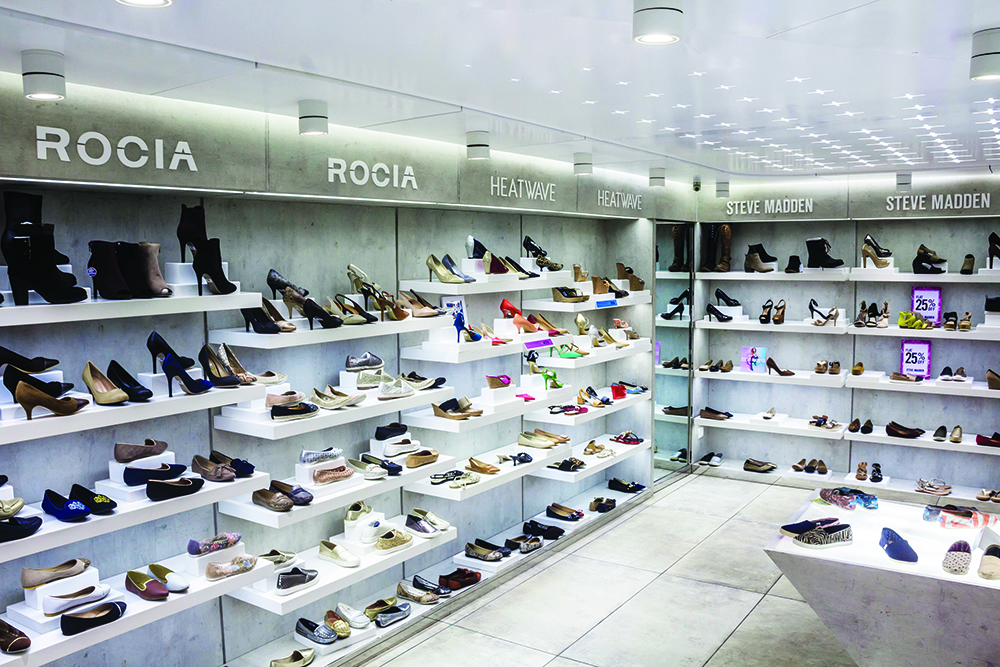 Virji says, “Regal Shoes is also looking for better deals when the company buys products so that they can pass better deals on to customers. They don’t take competition lightly at all. The fighting spirit of our team is so good that one day – the David and Goliath will reveal itself here in Mumbai.”
Virji says, “Regal Shoes is also looking for better deals when the company buys products so that they can pass better deals on to customers. They don’t take competition lightly at all. The fighting spirit of our team is so good that one day – the David and Goliath will reveal itself here in Mumbai.”
Virji spoke about the company’s criteria for choosing a new city / location to build in. He said those criteria include demographics, population expansion, median income, the whole business environment, and the brands acceptance from the local community. Though the company had planned to build 15 stores next year that number has been scaled back to five reflecting the shape that the economy is in now. The 10 stores planned for this year are still in the works, he said.
 S&A: Will the new store concept launching in Mumbai lead in to a global change in all your stores?
S&A: Will the new store concept launching in Mumbai lead in to a global change in all your stores?
IMRAN: We are trying out the new format in this store. The intent is to test the new format in these stores, and if it works we have a program of retrofitting it in the entire business across the country.This store is a representation of the design journey we’ve had in the last four or five years. Many of the Regal stores still have comfort shoes at the forefront of the story. But that’s only 20 percent of our range – we have innovations in fashion, in a premium range — and we want to bring that to the front of the store. So you will walk in, there will be a lot more trendy styles, a very distinctive storefront. There will be a lot of digital screens playing films of our product range.
S&A: How much percent of your business comes from the south of India at this time?
IMRAN: We haven’t looked at it in those terms. South is a youth market category for us. However, it still holds a very solid market for us. We have been concentrating more on the western front, however going forward it would be focused on the southern belt.
 S&A: In that order?
S&A: In that order?
IMRAN: No, the transformation of stores would begin from the west first, where we have 30 plus stores, then south, where we have 20 stores and will open few new stores in the east.
S&A: What would be the new brand portfolio for the store?
IMRAN: We signed deals with many brands last summer, and planned for next year to start. That’s indicative of our approach — we don’t rush into landing a brand wherever. We take a long time to make sure it’s the right mix, the right storefront and spend a lot of money on that, because everything communicates for the brand.
S&A: How much of sales do you expect from premium brands in the next five years?
IMRAN: We’re growing at just over 15 percent every year. If you look at our turnover, it will not take too many years to get to a bold number and beyond.
S&A: Does north India feature in these plans?
IMRAN: We have some of our most successful markets in North. Chandigarh for example, is a hugely successful market for us, as is ………………we have growth plans in all of these and are also adding e-commerce.
S&A: E-commerce is growing fast, but is it a substantial part of your business?
IMRAN: E-commerce is an approximate 16 percent; growing faster than bricks-and-mortar stores. We now have presence on 10 web sites. More than half of our e-commerce sales come from South and the reason is that we have fully localized these, including in terms of local payment, local terms, and express deliveries.
S&A: How are your consumer demographics changing?
IMRAN: We tend to have a very balanced business at the moment in terms of the age segment in our store, so its almost a third each for the three age groups — under 25, mid-20s to 30s, and over 30. Men’s wear is a slightly higher percentage (60 percent), but women’s wear is our fastest-growing category. We plan to hire a female design team, female merchandising, and female management team.





